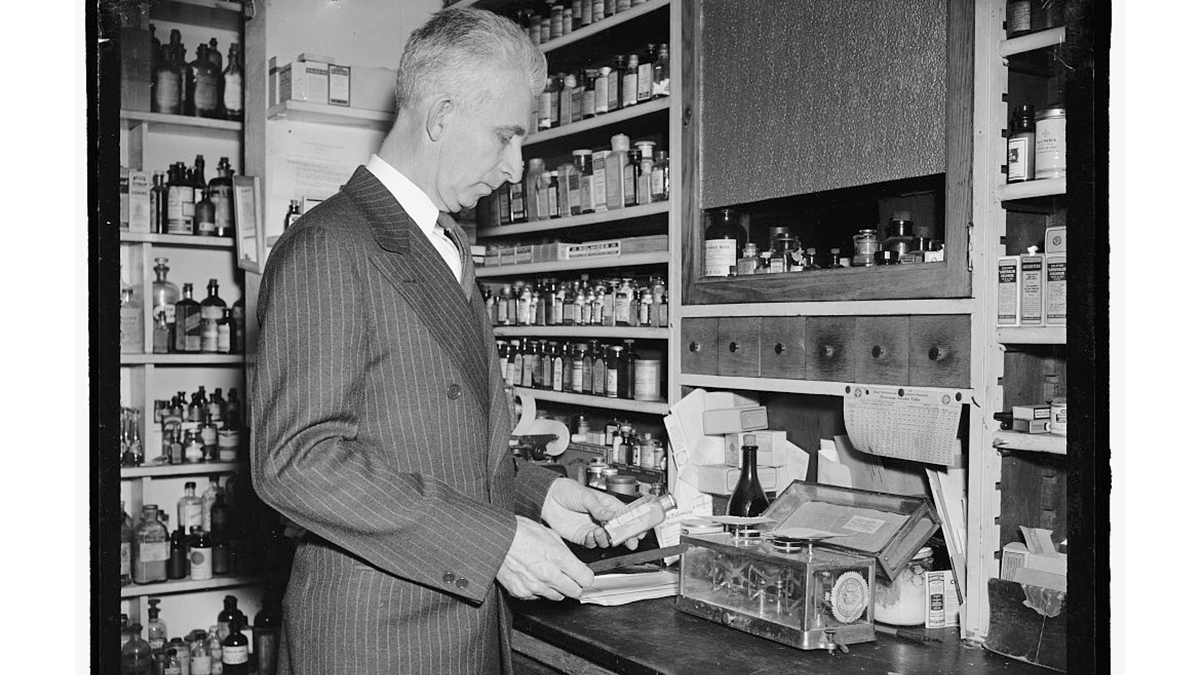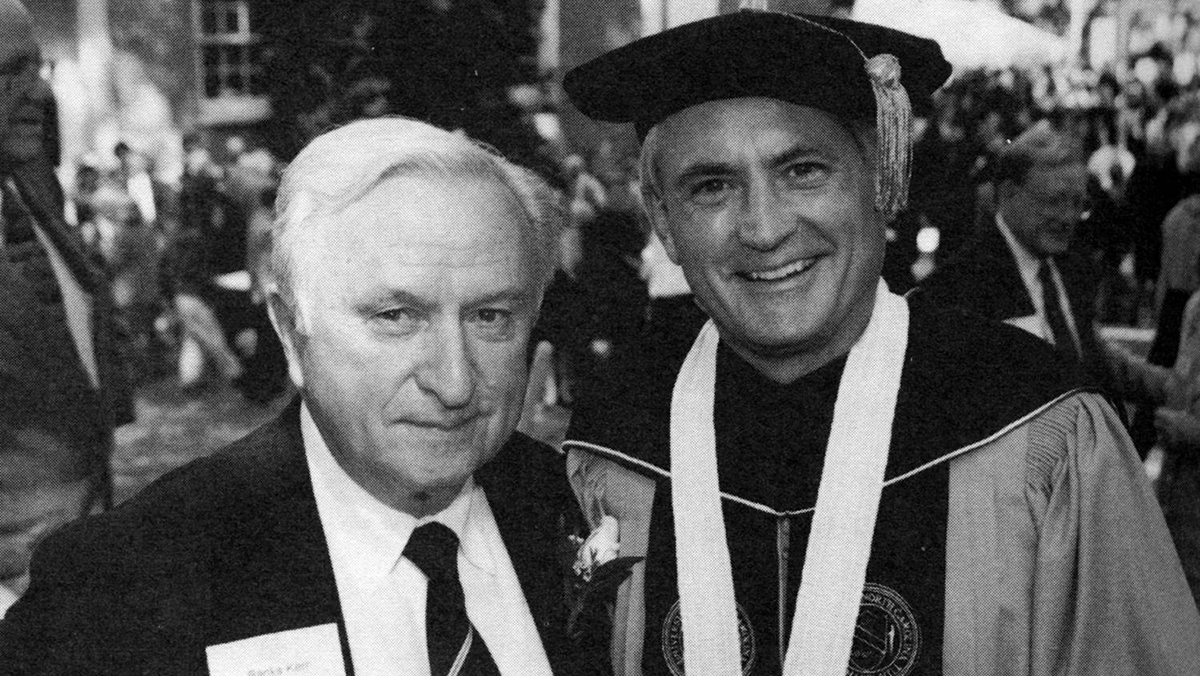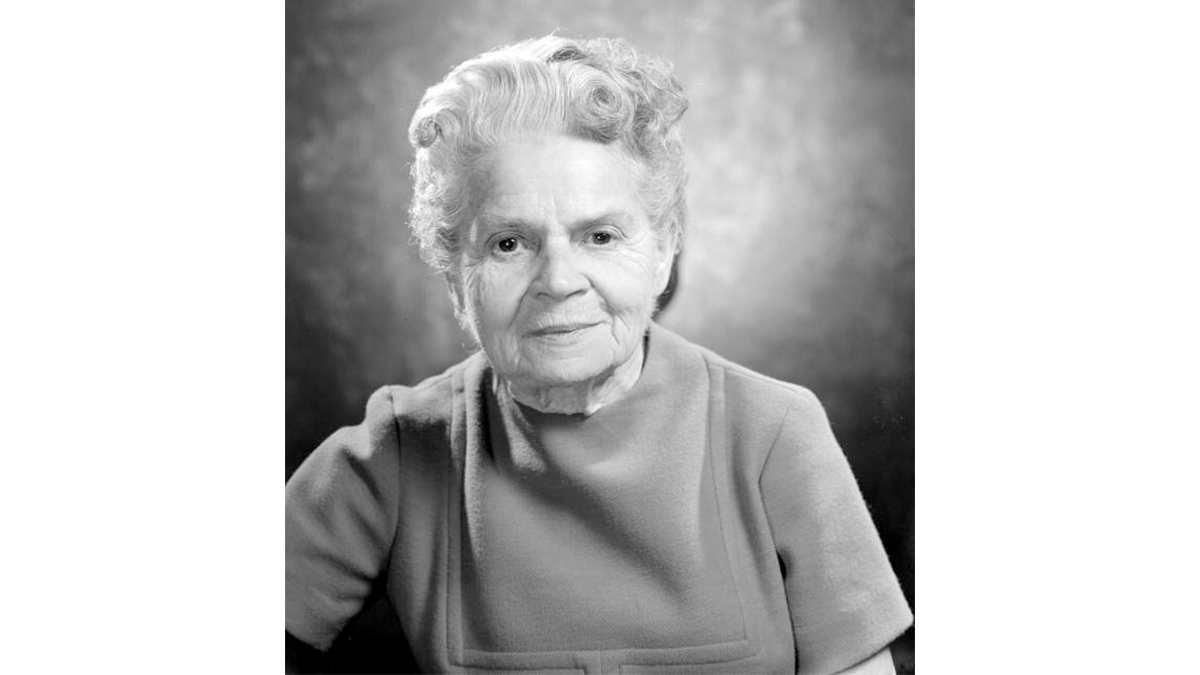225 years of Tar Heels: Carl T. Durham
A pharmacist and congressman, Carl T. Durham helped pass amendments that defined the criteria for prescription and over-the-counter drugs and appointed the FDA to govern the classification process.

 Editor’s note: In honor of the University’s 225th anniversary, we will be sharing profiles throughout the academic year of some of the many Tar Heels who have left their heelprint on the campus, their communities, the state, the nation and the world.
Editor’s note: In honor of the University’s 225th anniversary, we will be sharing profiles throughout the academic year of some of the many Tar Heels who have left their heelprint on the campus, their communities, the state, the nation and the world.
In 1951, President Harry S. Truman signed an amendment to the 1938 Food, Drugs and Cosmetic Act that would change the practice of pharmacy.
The amendment required that any drug that was habit-forming or potentially harmful be dispensed under the supervision of a health practitioner as a prescription drug and that the drug must carry a warning.
One of the co-sponsors of the bill was pharmacist and former N.C. Rep. Carl T. Durham, who studied pharmacy at the University of North Carolina from 1915 to 1917.
Durham was born in 1892 in White Cross, North Carolina. He began working at Eubanks Drug Store in Chapel Hill in 1913 and then attended Carolina. He left the University to become a pharmacist’s mate in the U.S. Navy. When he returned to Orange County, he went back to work as a pharmacist at Eubanks Drug Store and was elected to public office in Chapel Hill and Orange County. In 1938, Durham was elected to Congress and served for more than 20 years.
In 1951, Durham teamed up with then-Sen. Hubert Humphrey, who was also a pharmacist. At that time, drug manufacturers could decide whether their drugs should be sold under the supervision of medical professionals.
“The lack of standardization allowed consumers to easily purchase basically any drug over the counter, exposing them to great harm,” according to the North Carolina Department of Natural and Cultural Resources.
Durham and Humphrey worked to established two official classes of drugs: those that could be sold over the counter and those that needed a prescription. The two men also passed amendments that defined the criteria to classify the drugs and appointed the FDA to govern the classification process.
While in Congress, Durham also served on the Joint Committee on Atomic Energy, the House Armed Services Committee, the International Atomic Energy Agency and served as a delegate to the 1954 Atoms for Peace Conference in Geneva.
Durham died in 1974. In 2015, a highway marker that honors Durham was erected on N.C. 54 and Carl Durham Road.




